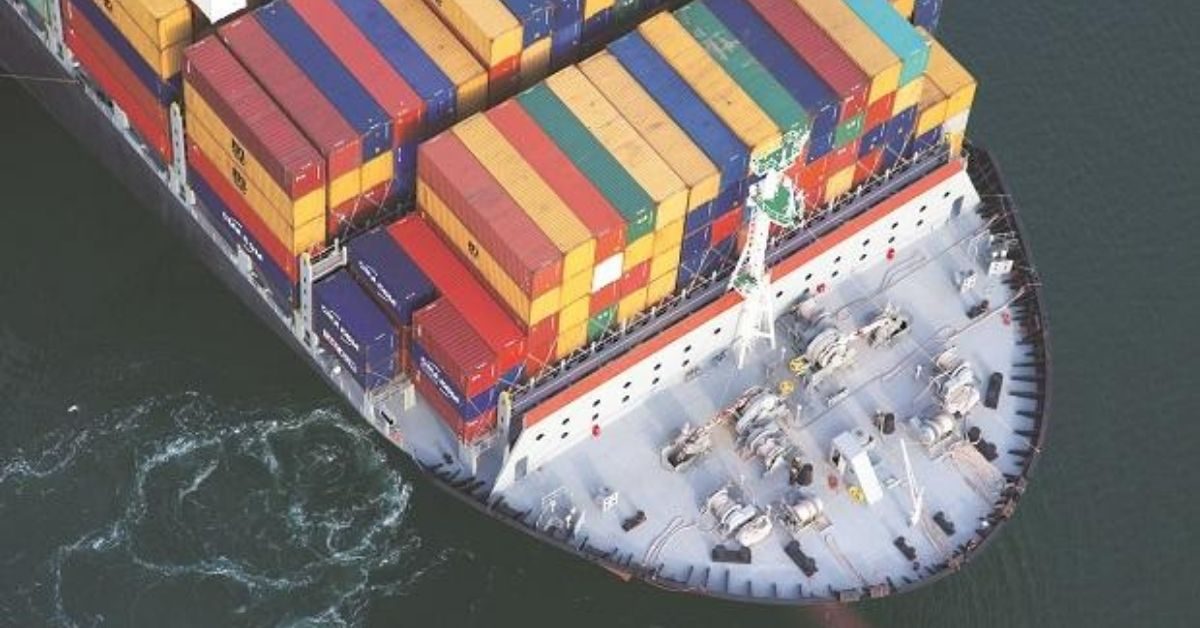Source: ET Energy World
The report, titled ‘Sustainable fuels for shipping by 2050 – the 3 key elements of success’ highlights that policies like the EU Emissions Trading Scheme (ETS) and the FuelEU Maritime Initiative (FEUM) could more than double the cost of fossil fuels by 2030, setting the stage for sustainable fuels to be cost-competitive for the first time.
“Transporting 80% of world trade, the shipping sector plays a pivotal role in the global economy, yet it contributes 2% of global emissions,” the report states, underscoring the urgency for the industry to reduce its environmental impact. The International Maritime Organization (IMO) aims for the shipping industry to achieve net-zero emissions by 2050, a goal that existing decarbonization strategies can only partly meet.
Roger Holm, President, Wärtsilä Marine & Executive Vice President, emphasized the necessity of a united approach to accelerate the adoption of sustainable fuels. “Achieving net zero in shipping by 2050 will require all the tools in the toolbox, including sustainable fuels. Coordinating action across policymakers, industry, and individual operators is crucial to bring about the systemic change needed to produce a mix of sustainable fuels quickly and affordably,” Holm stated.
The report points out the industry’s current “chicken and egg” dilemma, where shipowners hesitate to commit to new fuels without guarantees of scalability and cost-effectiveness, while fuel suppliers await clear demand signals. Wärtsilä’s findings call for decisive policy action, industry collaboration, and individual operator initiatives to overcome these barriers.
To close the price gap between fossil and sustainable fuels, the report urges policymakers to establish an internationally agreed, science-based pathway for eliminating fossil fuels from maritime operations and to adopt a global industry standard for marine fuel carbon pricing. It also highlights the importance of global collaboration on innovation and infrastructure to deliver sustainable fuels at scale.







